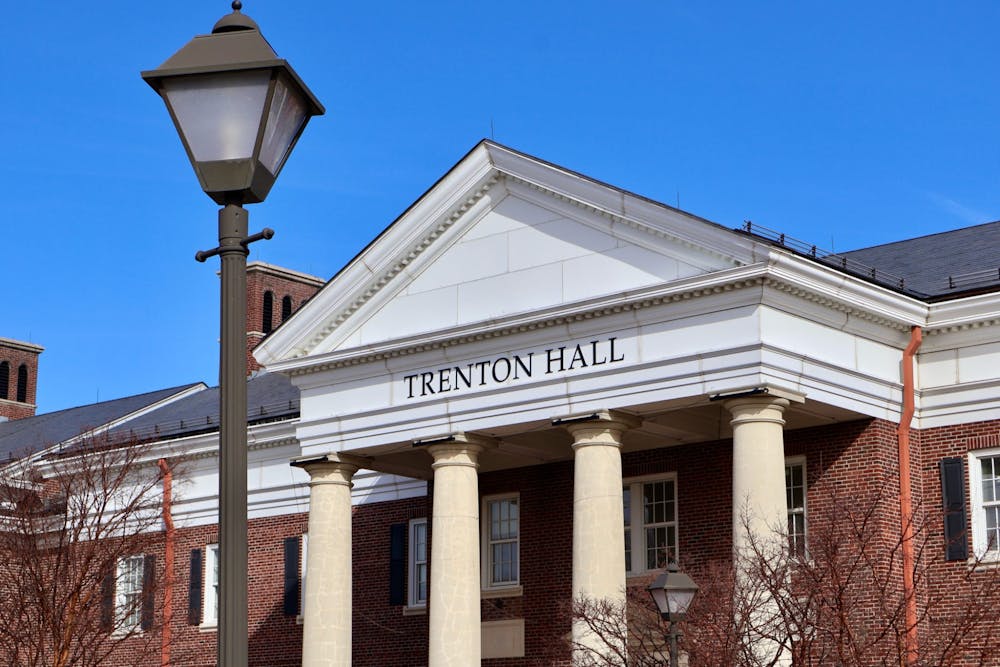By Raeanne Raccagno
Copy Editor
The College’s dual enrollment program, designed to give students more access to college classes and encourage them to apply to the College in the future, is profiting more than the estimated revenue this academic year.
From September 2021 to September 2023, the College received a $1 million Opportunity Meets Innovation Change Grant. The grant was designed to partner with local high schools in Trenton, Ewing and Willingboro. It aims to give high school students access to “TCNJ-rigor coursework,” according to Ivonne Cruz, executive director of student success and retention.
The grant mandated that the College explore ways to advance dual enrollment with state high schools, and it has been doing so since 2023.
“Our dual enrollment model allows students to earn TCNJ college credits by successfully completing a course offered at their high schools,” Cruz said. “Research shows that earning college credits while in high school increases the likelihood that students will attend and complete college.”
This academic year, 1220 students are taking 1514 courses through the dual enrollment program. The group of students will be a focus for recruitment and their readiness for post-secondary classes will be monitored if they attend the College.
The projected revenue from the program was $234,000 but due to more partnerships and courses offered, the profit will exceed that. Students are charged $550 per course and final calculations will be summed at the end of the semester.
This 2024-2025 school year, the College has partnerships with 14 school districts involving 24 high schools.
“TCNJ’s strategic working groups identified the dual enrollment program as a worthwhile initiative that would increase TCNJ’s visibility among potential applicants and help defray the cost of a four-year degree for future students,” Cruz said.
According to the College’s dual enrollment webpage, high school students who register for the College’s credits will have their application fee waived, and be enrolled as non-matriculating students, giving them access to library services. The students' dual enrollment grades will be calculated toward their college GPA if they decide to attend the College.
Most of the courses offered are at advanced placement level, with the curriculum being structured by the College Board. Non-AP courses need to go through an approval process, and the curriculum and instructor’s resume are reviewed by the appropriate academic department at the College, according to Cruz.
Most of the dual enrollment courses are taught by the high school’s teachers, except for one. The exception is a course at Trenton Central High School, where a professor from the College teaches due to an arrangement from the OCIA grant.
Currently, there is no limit to how many dual enrollment courses a student can take. According to Cruz, many New Jersey and Pennsylvania high schools have reached out to join the dual enrollment program for the next academic year.







